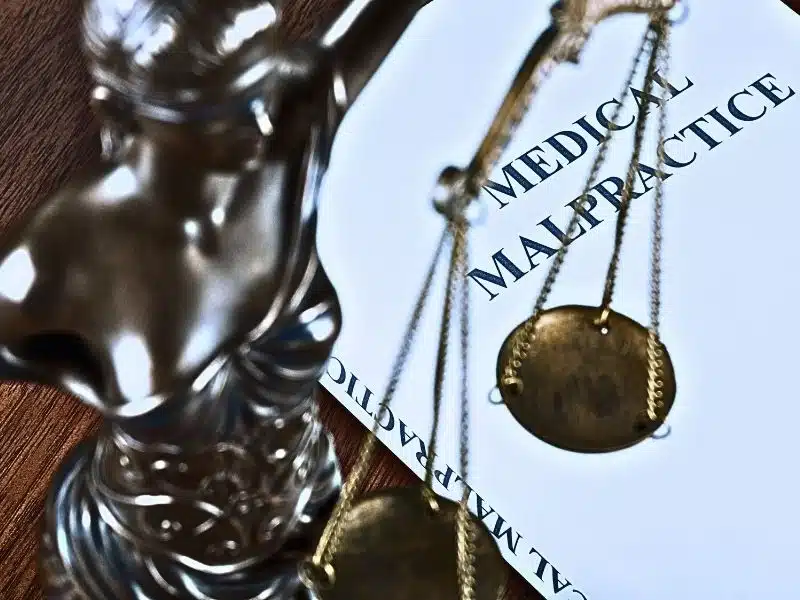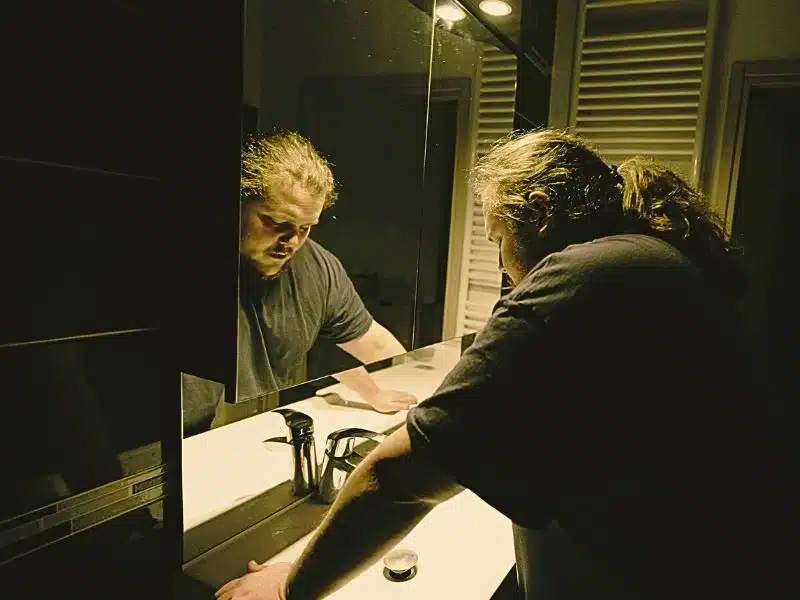A deposition in a personal injury case is part of the fact-finding process of the lawsuit, referred to as discovery. This out-of-court testimony serves as a question and answer session between one party and another. From a client’s perspective, one of the most confusing and challenging parts of a personal injury lawsuit is the deposition. Unless a case settles very quickly after the complaint is filed, a deposition will inevitably be part of the legal process.
During discovery, each side will have the opportunity to question the parties and witness of the other side. For instance, the defense will take the deposition of the plaintiff and any other witnesses or medical experts. Likewise, the plaintiff’s counsel will take the depositions of the defendant and any defense witnesses or experts. Understanding what a deposition is, and being able to comfortably prepare for it, can help claimants improve the success of their personal injury lawsuit.
Personal Injury Deposition
If you were injured in a personal injury accident, you may choose to seek compensation through a personal injury lawsuit. A lawsuit of any kind can be overwhelming and confusing, but at Ankin Law, our Chicago personal injury lawyers are here to guide you through every step of the personal injury lawsuit from start to finish. This includes helping you prepare for your deposition.
A deposition is essentially the opportunity for opposing counsel to ask questions of a party or witness, while under oath, prior to the actual trial. The deposition supports the potentially liable party’s right to gather information about the injury and accident. The deposition serves several purposes, including:
- To find out what a party or witness will say at trial.
- To obtain information that was not obtained in the written interrogatories.
- To assess how the party or witness may be perceived by the jury.
- To preserve the record for testimony given at trial.
A deposition can be intimidating, but your attorney will be present with you at the deposition to ensure that opposing counsel follows the rules of civil procedures and asks questions in the correct form.
Before the deposition, it is highly recommended that you familiarize yourself with all of your prior statements, including written statements, documents, emails, letters, and verbal statements made to witnesses. You should also talk with your lawyer about the subject matters that are expected to be covered at the deposition. At the deposition, questions regarding personal information, the injuries suffered, and life after the injury will likely be asked. While at the deposition, you should give clear, verbal answers. It is important to be truthful as you will be under oath, but you should stick to the facts.
Do I Have to Attend the Deposition?
Any person who is ordered to do so by the court must attend the deposition. In addition to court mandated parties, the attorneys of both sides, a court reporter, a videographer (in some cases), and the involved parties will attend a deposition.
At Ankin Law, our Chicago accident and injury lawyers have represented numerous clients in personal injury lawsuits. As such, we have considerable experience taking depositions and representing our clients at their own depositions. We spend a considerable amount of time preparing clients for their depositions and putting their minds at ease about the deposition itself.
If you have any questions about procedures involved with a personal injury lawsuit, including the deposition, contact our office at (312) 600-0000 to schedule a free consultation with one of our experienced Chicago personal injury lawyers.











